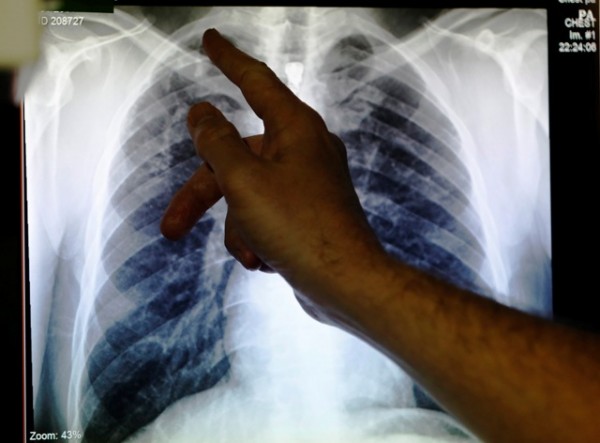People From Low Income Status Suffer Negative Effects of Pulmonary Hypertension: Study

People from lower socio-economic backgrounds are more likely to suffer diseases caused by high blood pressure than their rich counter-parts, according to a study.
Pulmonary hypertension is an increase in blood pressure in pulmonary artery, veins and capillaries in the lungs that causes frequent breathlessness, extreme fatigue, leg swelling, fainting, dizziness and even heart attack. Various factors like heart problems, blood clots in lungs, prolonged use of drugs like cocaine, antidepressants and also alcohol result in pulmonary hypertension. Scientists have discovered patients of low income status diagnosed with the condition are at risk of developing the diseases and health troubles owing to limited access to medical care and facilities.
The study involved 243 patients with pulmonary hypertension whose socio-economic status was evaluated by zip-code based median on average annual income. The subjects were divided in two groups- Group A with average income between $30,000 and $70,000 in a year and Group B earning more than $70,000 per year. Experts also noted heart health condition and records of the participants using data by the New York Heart Association Function Classification (NYHA-FC).
It was observed that the disease severity was prevalent among those with very low income at time of initial evaluation.
"Our study indicates that patients with pulmonary hypertension with lower incomes have more advanced disease at initial presentation, which may result in poorer outcomes," said Cardenas-Garcia, study author and researcher at Pulmonary & Critical Care Fellow at Hofstra North Shore - Long Island Jewish School of Medicine in a news release.
"These results add to a large body of evidence showing that socioeconomic status affects access to health care and the health of individuals."
Pulmonary hypertension progresses into blockage in the lungs that restricts blood flow thereby damaging the heart muscles by putting too much pressure on the right ventricle. The condition is not curable, however, use of medications and certain treatments help reduce its symptoms.
The study authors believe the study sample size and facts gathered from one pulmonary hypertension clinic in New York City are limiting and are planning on investigating further.
The findings will be presented at the 2014 international conference of the American Thoracic Society.
May 20, 2014 06:24 AM EDT





